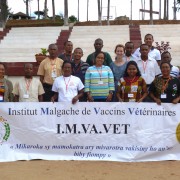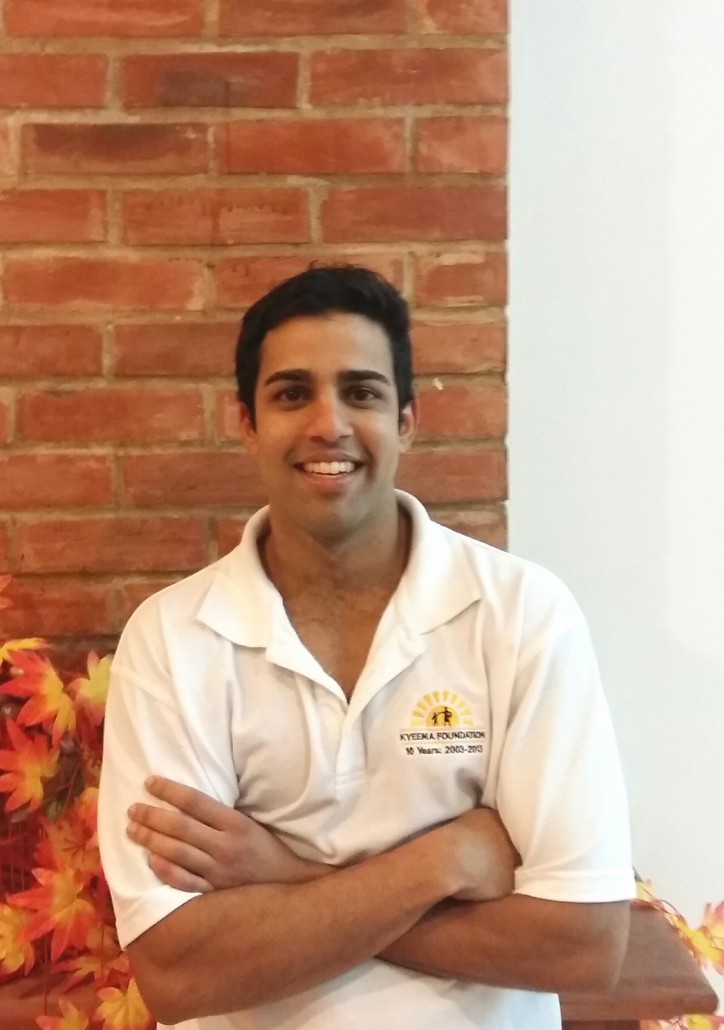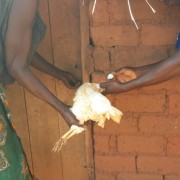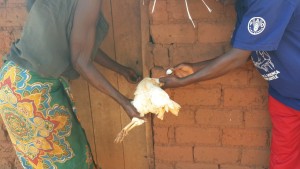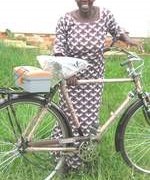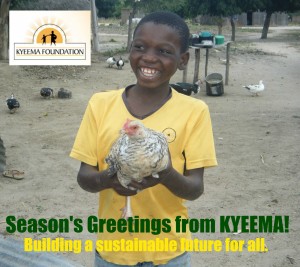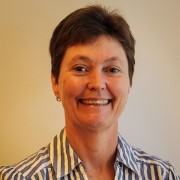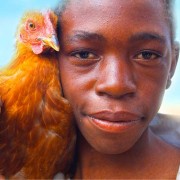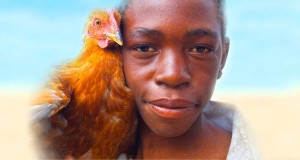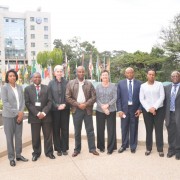Order an Entertainment™ Book and support KYEEMA Foundation
This year KYEEMA Foundation (https://kyeemafoundation.org) is selling the Australian 2016/17 Entertainment Book (or Smartphone version) as a fund-raiser. If you don’t already buy this through a charity of choice, or if you have never bought it before, it’s a great discount book and a great fund-raiser for KYEEMA!
It costs $65 and KYEEMA Foundation retains 20% of the price of every Membership sold which goes towards our fundraising!
The funds raised go towards supporting rural women and children by supporting family poultry programs in Africa (https://kyeemafoundation.org/explore-our-work/)
Order now: www.entbook.com.au/9275e38
The new 2016 | 2017 Entertainment Books are coming soon! Order your new 2016|2017 Entertainment ™ Membership today to receive up to $195 in Early Bird Offers.
Choose from the traditional Entertainment™ Book or the NEW Entertainment™ Digital Membership, which puts the value of the Book into your iPhone or Android smartphone!
Each membership has hundreds of 50% off and 2-for-1 offers for restaurants, cafés, attractions, hotels, shopping, groceries and travel and contain over 2,000 offers that you can use whenever you like until 1st June 2017.



